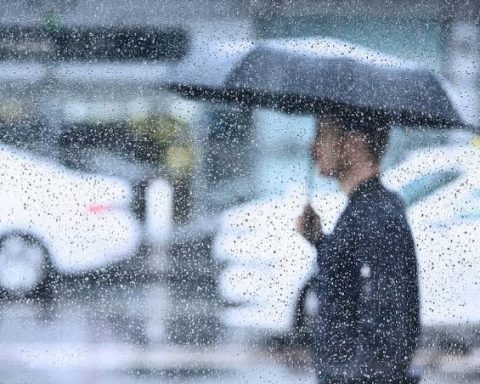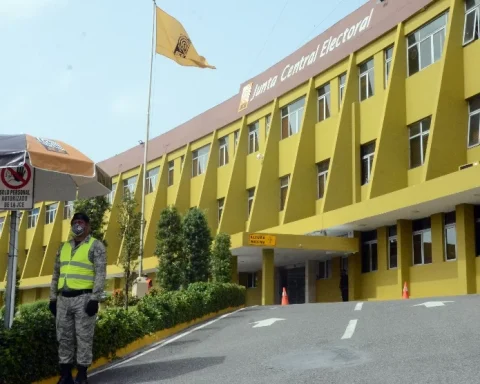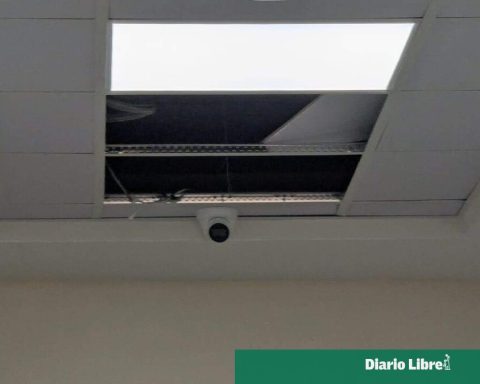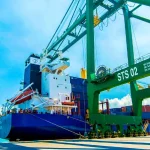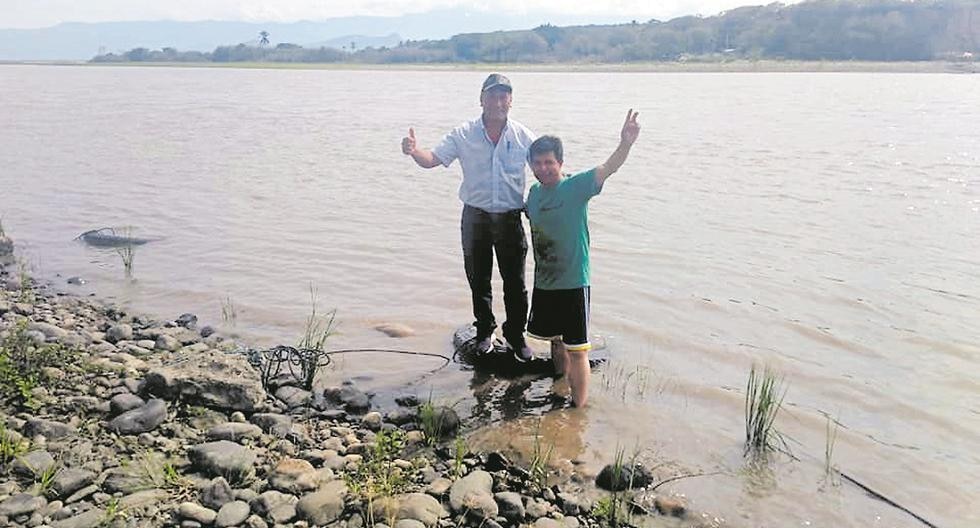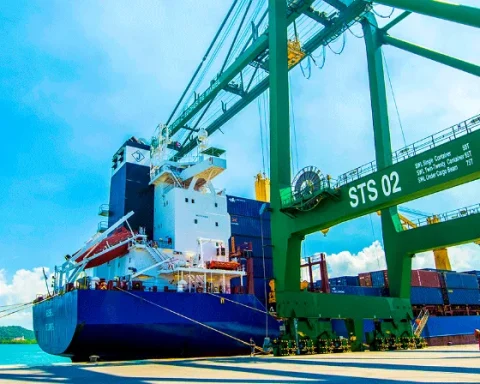The internal fuel market presents a scenario similar to the one that prevailed when the Hydrocarbons Law was approved, which now apparently the Government will seek to modify.
Indebtedness and discretion in setting hydrocarbon prices tempered the domestic market when Law 112-00 was approved, by then creating a threat to economic stability. Now, 21 years later, discretion has returned, but with characteristics of debts and subsidies, with the purpose of cushioning what was then evaded: avoiding the political cost of fuel hikes, driven by increases in the cost of crude oil. From January 2021 to date, each week the Government assumes debts with fuel importers of up to RD$600 million, so as not to transfer to consumers all of the increases caused by oil increases. Last year for this concept the Government accumulated debts for some RD$13,000 million. Already so far in 2022 it adds up to more than RD$2,500 million.
idea outside the text
A purpose of the Hydrocarbons Law, not described in its motivations, the depoliticization of prices, has not disappeared and continues to influence the decisions of the authorities. In theory the law would be to apply the “if it goes up, it goes up and if it goes down, it goes down” but in practice the mandates of the “market” have rarely been accepted when the volatility and rise of oil have suggested high increases. The pressures of the sectors linked to passenger and cargo transport have forced the different responsible authorities to grant large subsidies and also to go into debt, to “compensate” and not pass on all the increases.
At present, when the Executive Power is expected to propose the modification of Law 112-00 to Congress in the next legislature that begins on Sunday, the fuel market is affected by subsidies, debts and threats of imbalances due to the impact on domestic prices of the high prices of oil and its derivatives.
The panorama goes back to the year 2000 when the project for the Law approved under number 112-00 was presented, in whose second recital it was stated that “the oil and derivatives bill weighs heavily on the country’s economy and consequently, it is convenient to introduce measures that encourage the rational consumption of fuels”.
With this law, the State turned the fuel sector into a formal taxpayer, because until then the tax regime was restricted to a quota applied under the name of “differential”, which was charged at the discretion of the authorities of the then Secretariat of Industry and Commerce. Law 112-00 created a specific tax (which is calculated by volume) that began with RD$18.00 per gallon of premium gasoline, RD$15.00 for regular, RD$6.30 for diesel, RD$5.00 for kerosene and RD$1.75 for avtur. Liquefied petroleum gas (LPG) was exempted in that law, which whetted the treasury’s appetite for potential collections from the fuel sector, and five years later a law was presented to Congress to establish an ad valorem tax of 16% for gasoline, diesel oil in its two categories and LPG. From this new tax incursion, fuels became one of the largest sources of collection, with an approximate contribution of 10% of tax revenues. Another specific tax of two pesos per gallon is applied to gasoline and diesel, the collection of which was designed to finance a program to renew the transport fleet.
State must pay its debts to seek more
One of the theoretical arguments that supported the proposal for the Hydrocarbons Law was based on the fact that the Dominican State is obliged to honor its financial commitments in order to maintain credit and guarantee the country access to new resources and sources of financing.
It was also argued that macroeconomic stability is a necessary condition to achieve sustained economic growth and that, therefore, its preservation is in the national interest. It was insisted that “to guarantee said macroeconomic stability, it is necessary to face said commitments with sources of State income that do not generate monetary expansion and that trigger adverse effects on the good development of the country’s economy.”
The starting point to convince of the need for the Hydrocarbons Law was to state “that the Dominican Republic is a net importer of primary energy, a condition that is essentially achieved by importing all the demand for oil and derived fuels at prices that are subject to variations determined in the international market”.




